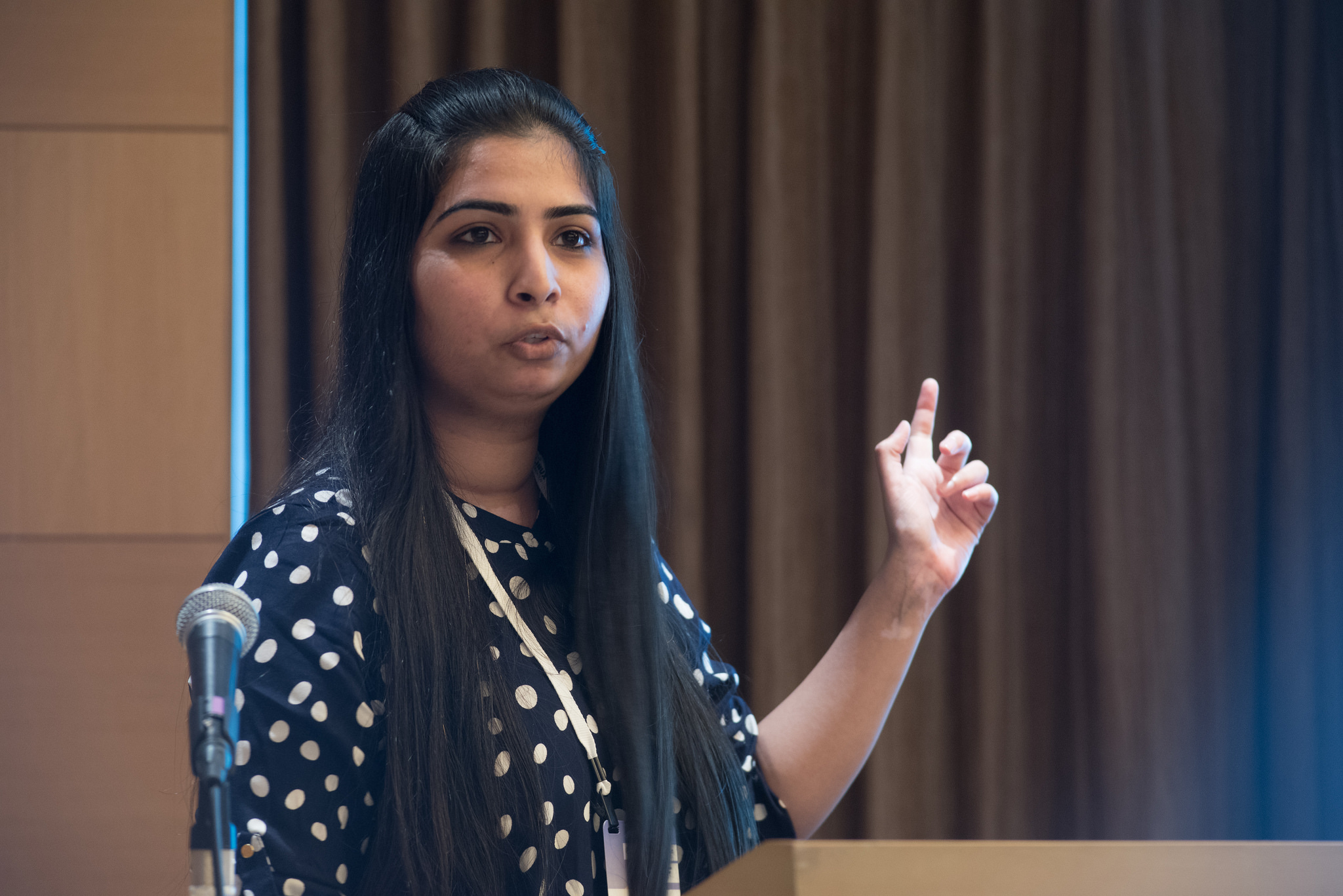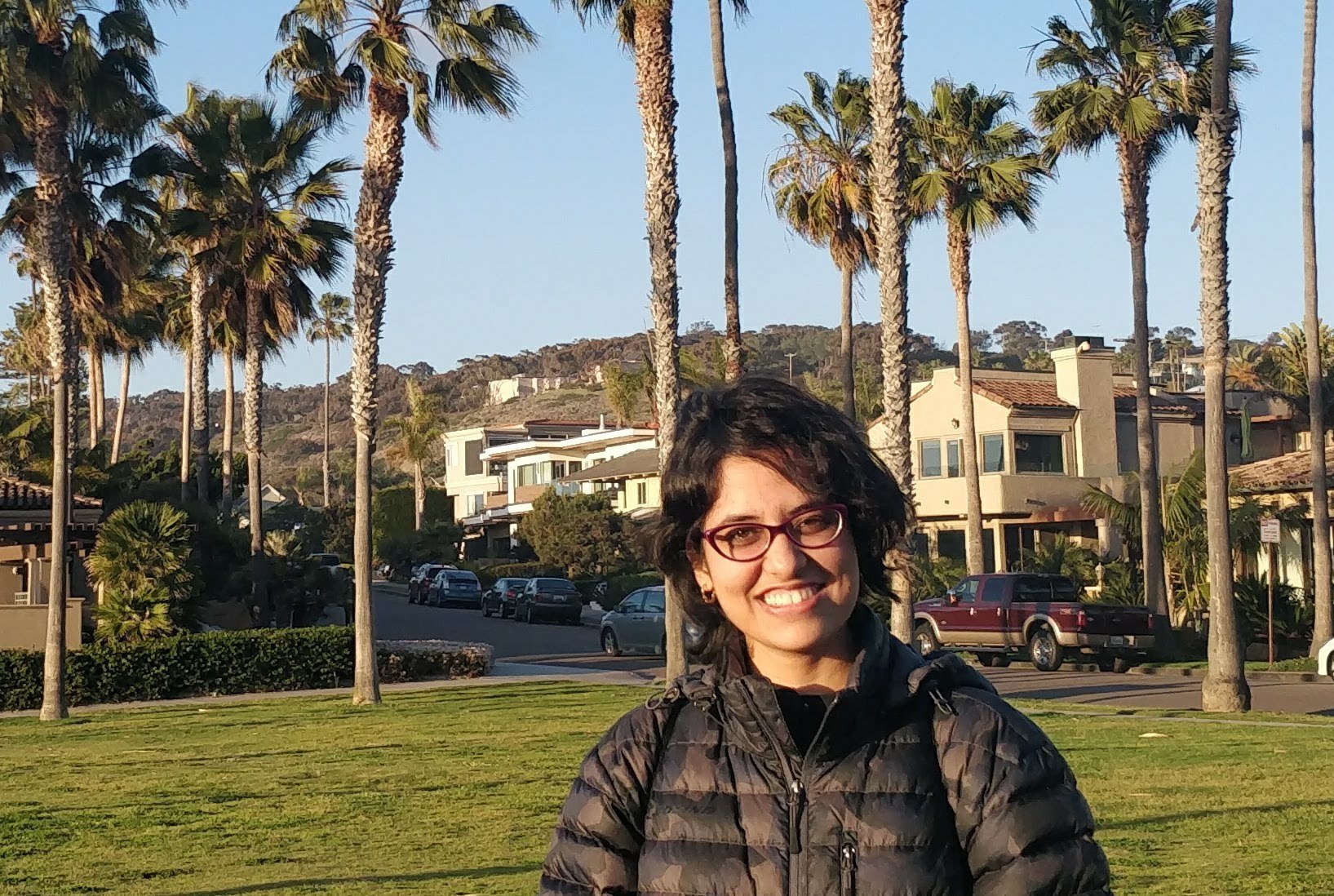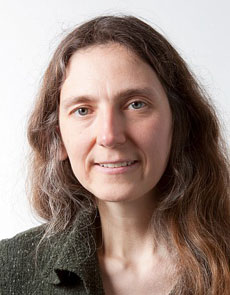![[RSS]](/static/img/feed-icon-14x14.2168a573d0d4.png) Conservancy Blog
Conservancy Blog
Thoughts on Microsoft Joining OIN's Patent Non-Aggression Pact
by on October 10, 2018
Folks lauded today that Microsoft has joined the Open Invention Network (OIN)'s limited patent non-aggression pact, suggesting that perhaps it will bring peace in our time regarding Microsoft's historical patent aggression. While today's announcement is a step forward, we call on Microsoft to make this just the beginning of their efforts to stop their patent aggression efforts against the software freedom community.
The OIN patent non-aggression pact is governed by something called the Linux System Definition. This is the most important component of the OIN non-aggression pact, because it's often surprising what is not included in that Definition especially when compared with Microsoft's patent aggression activities. Most importantly, the non-aggression pact only applies to the upstream versions of software, including Linux itself.
We know that Microsoft has done patent troll shakedowns in the past on Linux products related to the exfat filesystem. While we at Conservancy were successful in getting the code that implements exfat for Linux released under GPL (by Samsung), that code has not been upstreamed into Linux. So, Microsoft has not included any patents they might hold on exfat into the patent non-aggression pact.
We now ask Microsoft, as a sign of good faith and to confirm its intention to end all patent aggression against Linux and its users, to now submit to upstream the exfat code themselves under GPLv2-or-later. This would provide two important protections to Linux users regarding exfat: (a) it would include any patents that read on exfat as part of OIN's non-aggression pact while Microsoft participates in OIN, and (b) it would provide the various benefits that GPLv2-or-later provides regarding patents, including an implied patent license and those protections provided by GPLv2§7 (and possibly other GPL protections and assurances as well)
Conservancy Visiting the US South — Twice in October!
by on October 4, 2018
Both Bradley and Deb will be in Raleigh, NC for All Things Open. Our Distinguished Technologist, Bradley M. Kuhn will be presenting an “Introduction to Copyleft and the GPL” on October 22nd at 4:15 PM. This talk is great for both beginners and enthusiasts!
Join us for a Conservancy supporters “pub night” on October 22nd at 7pm in Raleigh. We'll be at Flying Saucer, located at 328 West Morgan Street. Expect snacks, friends and as always some interesting software freedom licensing chat!
We'll also be in the Expo Hall all day on Monday and Tuesday, so swing by with your praise, your questions and desire for stickers. We could use a few friendly booth volunteers to share the free software love at ATO, if that sounds like you, please get in touch!
The following week, you'll be able to catch our Director of Community Operations, Deb Nicholson, at LISA in Nashville, Tenessee. Deb starts off the conference on Tuesday, October 30th, at 9 AM with a keynote titled, “Make It Official: In Praise of Official Programs for Diversity & Inclusion” where she'll talk about how leadership and funding can positively impact your diversity efforts. You can also catch us in the Expo Hall on Monday afternoon or Tuesday at midday — please let us know if you can help us with the booth at LISA!
Highlighting Some of Our Leaders in the Linux Kernel
by on September 20, 2018
This week has shown two interesting events related to Linux. Yesterday, the New Yorker published an article pointing out that abusive behavior in the Linux project specifically has created an unfriendly and unwelcoming environment for underrepresented groups. Linus Torvalds, Linux Foundation Fellow and leader of the Linux project, after having been contacted by the New Yorker in connection with the article, admitted his past behavior has been problematic and is taking time off from the project.
While these moves are a step forward, they cannot alone change the problematic culture we have in technology generally, and Free and Open Source Software (FOSS) in particular. One press article and one leader temporarily stepping aside can only take one small step toward reversing decades of unfriendly culture, where abusive language and conflict are often considered the appropriate way to resolve disputes. We at Conservancy, particularly in its Outreachy project, do our best to help improve this situation for FOSS.
Outreachy provides mentors and coordinators a method and process to promote inclusive culture in their FOSS projects. Our program would not be possible without a lot of key FOSS contributors who behave professionally and are deeply committed to improving the situation. We thank all the people who have contributed to great experiences for Outreachy mentees and hope that recent news helps more people in the community take heart that change is possible. I contacted a few of these people to highlight here.

Vaishali Thakkar, Outreachy internship graduate who now co-coordinates of kernel internships commented:
"Outreachy is the best thing that has ever happened to me. I came from an education system where asking questions didn't always end up in positive encounters but rather we were made fun of because not knowing things isn't normal. My first friendly encounters with bunch of mentors in outreachy kernel mailing list also helped me to understand that open learning and open education is not only normal here [in open source] but is also something you are celebrated for. Which was really a huge thing for me at that time because it helped me to build my confidence and make my space in the open source industry.
Lately, I've been giving a lot of Linux Kernel contribution workshops in Indian universities [offline] and in Kenya [online] to spread the word about the wonderful opportunities the program provides with a hope to increase more diverse set of contributors in the kernel community. Outreachy is touching so many lives at so many levels ranging from giving equal pay opportunity to people traditionally underrepresented in open source to help building a welcoming and diverse communities. My motivation for volunteering as a coordinator is merely an expression of saying thanks to all wonderful people who has helped me reach at where I am today and also about enjoying a feeling that comes from playing a role in building welcoming communities together."

Shraddha Barke, who is also an Outreachy internship graduate and now co-coordinates kernel internships with the Outreachy project added:
"During my undergrad, I was desperately looking for opportunities to work on real problems. That's when I got the chance to intern with Outreachy and that exposed me to the wonderful Linux community and gave me lifelong mentors and friends. Julia Lawall has mentored me for the past few years, right from Outreachy to my graduate school. Outreachy opened more doors for me than I could've imagined.
My motivation to volunteer stems from the feeling to give back to the community that has given me so much. Outreachy provides a supportive platform for people underrepresented in technology. I love knowing that I'm playing a small role in the worldwide impact Outreachy is having today! And I'm excited to see how big it will grow. :)"

Julia Lawall, who has previously coordinated Outreachy participation in Linux, and continues to mentor noted:
"As a former teacher and as a researcher, I have observed that many female students who start in computer science become discouraged and drop out during or after their studies. Thus, complementarily to my research activities, over the past four years, I have been active as a mentor and then as the coordinator for Linux for the Outreachy Internship program. Providing female students in computer science with the opportunity to interact with and get feedback from top-quality well-known developers helps build their confidence making it possible to move beyond the inevitable discouraging moments. There were 71 applications for Linux internships while I was coordinator for Linux, and 30 internships offered. After their internships, interns have gotten jobs at companies such as Red Hat, Intel, Bloomberg, Oracle and Collabora. Several interns have instead opted for further studies, including two who are starting as PhD students at UCSD and Columbia this fall. Former interns have also been active in outreach, both through informal events that they have organized on their own and through Outreachy itself."

Daniel Vetter, who mentors Outreachy interns in the Linux Kernel's GPU driver subsystem adds:
"The Outreachy program is the best program we have to improve diversity and inclusiveness in FOSS long-term. While Linux as a project is deeply problematic, there are pockets of sub-communities who really care about creating inclusive spaces and can provide Outreachy participants a great internship experience contributing to critical technology low in the stack.
I am very glad to provide my help supporting Outreachy participants as a mentor and Outreachy's critical role in building better communities and a diverse and inclusive FOSS culture."
We hope the events of this week indicate that times are changing, and the status quo of behavior fails as an adequate standard for civility, inclusiveness and diversity. We thank all those who have spent years, both behind the scenes and in the public fray, pointing out and pushing for inclusiveness in Linux and all other FOSS communities. We welcome mentors, coordinators and sponsors to get involved in Outreachy and we hope to continue working on related issues and supporting those of you who are working behind the scenes to make free software a place for everyone.
Conservancy Staff on the Road
by on September 20, 2018
Bradley Kuhn, our Distinguished Technologist will be speaking about license compliance in the network attached storage market at the Storage Developer Conference He speaks on Monday, September 24 at 10:35 AM. You might also want to check out the session Christoph Hellwig, Kernel Hacker (and copyleft champion against VMware) is leading on Tuesday, September 25th at 7:00 PM.
Our Director of Community Operations, Deb Nicholson, is kicking off Open Source Lisbon with a keynote on how free software is both good for society and good for business. Her talk is on Thursday, September, 27th at 9:25am. The one day conference is aimed at encouraging national and international companies to embrace open source technologies and collaborative development models.
Both Karen Sandler, our executive director and Bradley Kuhn will be participating in a full day Seminar on GPL Enforcement and Legal Ethics in Berkeley, CA on Thursday, September 27th. Registration is open to the public, although the event may be particularly useful for law students and legal professionals, who may be able to earn continuing legal education (CLE) credits for participating.
If you're interested in having a Conservancy staff member present at your event, please don't hesitate to get in touch!
Next page (older) » « Previous page (newer)
1 2 3 4 5 6 7 8 9 10 11 12 13 14 15 16 17 18 19 20 21 22 23 24 25 26 27 28 29 30 31 32 33 34 35 36 [37] 38 39 40 41 42 43 44 45 46 47 48 49 50 51 52 53 54 55 56 57 58 59 60 61 62 63 64 65 66 67 68
